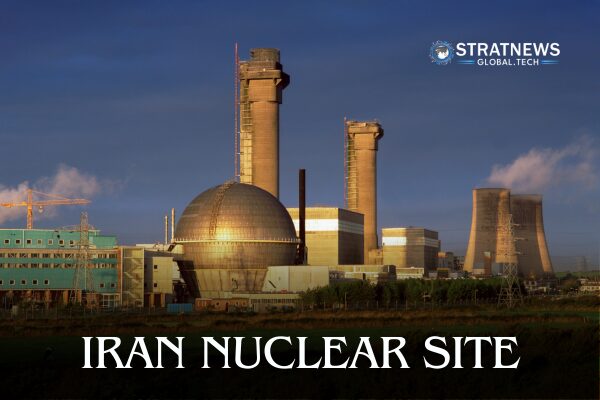New Enrichment Plant Linked to Isfahan, Iran
Isfahan, one of Iran’s major nuclear hubs, has been named by the United Nations nuclear watchdog as the site of a planned uranium new enrichment plant. This facility was announced by Tehran just before recent Israeli military strikes. Rafael Grossi, head of the International Atomic Energy Agency (IAEA), confirmed that the new site was part of Iran’s response to increasing international pressure over its nuclear programme.
Iran declared the new plant’s existence shortly before Israel’s attacks on key Iranian targets, including nuclear installations. However, it did not disclose the plant’s location at that time. The timing of the announcement coincided with Iran’s retaliation to a recent IAEA resolution. That resolution accused Tehran of failing to explain uranium traces found at undeclared sites.
Impact of Israeli Strikes on Iran’s Nuclear Sites
Iran’s planned enrichment facility in Isfahan would have been its fourth. But following Israel’s strikes, the status of Iran’s operational facilities has changed significantly. According to the IAEA, one plant was destroyed, and another lost power, making it unusable for the time being. Grossi noted that inspections of the new Isfahan facility were scheduled, but had to be postponed due to the start of Israeli military actions.
He described the nuclear complex in Isfahan as “huge” but did not specify the exact location of the new plant within it. The strikes reportedly damaged four buildings, including the Uranium Conversion Facility. This facility is crucial because it converts uranium ore into a form suitable for enrichment.
Underground Facilities Remain Intact
Despite the damage above ground, Iran’s underground nuclear areas in Isfahan appear to be intact, according to Grossi. These spaces reportedly house much of the country’s highly enriched uranium stock. However, the IAEA has not conducted any post-strike inspections. Grossi has emphasised the importance of resuming inspections to assess the full impact of the military action on Iran’s nuclear capabilities.
with inputs from Reuters


